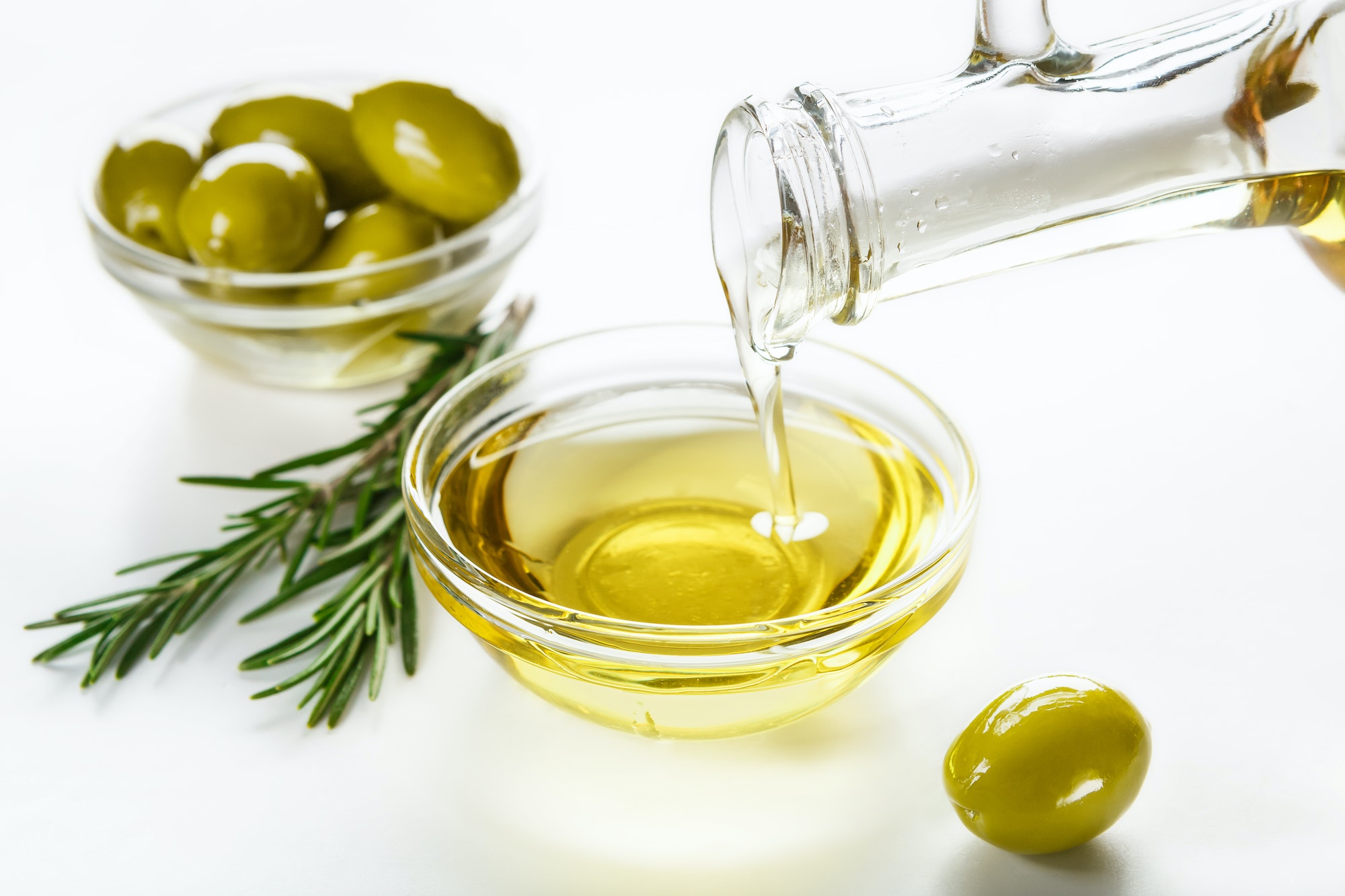Extra virgin olive oil (EVOO) is widely recognized as a key ingredient in gourmet cuisine, thanks to its rich flavor and numerous health benefits. Obtained from the first pressing of olives, EVOO is the highest quality of olive oil available, boasting a low acidity level of less than 0.8%. This unrefined oil is not only versatile but also packed with antioxidants and monounsaturated fats, making it an essential addition to any gourmet kitchen. In this article, we will explore some of the best uses of extra virgin olive oil in gourmet cuisine, as well as introduce you to the different types of gourmet olive oils available on the market.
Drizzling and Finishing
One of the most common uses for EVOO in gourmet cuisine is as a finishing touch to dishes. Drizzling a high-quality EVOO over your finished dish can add depth and complexity to the flavors, as well as enhance the presentation. Some popular dishes that benefit from a drizzle of EVOO include freshly baked bread, salads, grilled vegetables, pasta, and risotto. The aromatic qualities and robust flavor profile of EVOO make it an ideal choice for enhancing both cold and warm dishes.
Marinades and Dressings
EVOO is an excellent base for marinades and dressings due to its ability to carry flavors well. Combining EVOO with various herbs, spices, vinegars, or citrus juices can create a wide range of delicious marinades for meats, poultry, fish, or vegetables. Similarly, using EVOO in salad dressings not only adds a rich flavor but also helps to emulsify the ingredients for a smooth and cohesive dressing.
Cooking and Sautéing
While many chefs prefer to use regular olive oil for cooking due to its higher smoke point, EVOO can still be used for low-temperature cooking methods such as sautéing or gentle simmering. The key is to avoid overheating the oil, as high heat can cause EVOO to lose its delicate flavors and health benefits. When using EVOO for cooking, opt for a mild-flavored variety and keep the temperature below 320°F (160°C) to preserve its quality.
Types of Gourmet Olive Oils
In addition to extra virgin olive oil, there are several other types of gourmet olive oils that can elevate your culinary creations:
- Infused Olive Oils: These oils are created by infusing EVOO with various ingredients such as herbs, spices, fruits, or vegetables. Popular infusions include garlic, basil, rosemary, lemon, and chili pepper. Infused olive oils can add a unique and flavorful twist to your dishes, whether used in cooking or as a finishing touch.
- Single-Varietal Olive Oils: Made from a single type of olive, these oils offer distinct flavor profiles based on the specific olive variety used. Some popular single-varietal options include Arbequina (Spain), Koroneiki (Greece), and Frantoio (Italy). Experimenting with different single-varietal olive oils can help you discover new flavors and textures in your gourmet creations.
- Regional Olive Oils: As with wine, the region where olives are grown can have a significant impact on the flavor profile of the oil produced. Some renowned regional olive oils include Tuscan (Italy), Provencal (France), and Andalusian (Spain). Incorporating regional olive oils into your gourmet dishes can add an authentic touch and transport your taste buds to different parts of the world.
- Aged Balsamic Vinegar: Though not technically an olive oil, aged balsamic vinegar is often used in conjunction with EVOO in gourmet cuisine. This dark, syrupy vinegar is made from grape must and aged in wooden barrels, resulting in a complex and rich flavor. Aged balsamic vinegar can be drizzled over dishes such as Caprese salad, grilled vegetables, or even desserts like strawberries and ice cream for a luxurious finishing touch.
In conclusion, extra virgin olive oil is an indispensable ingredient in gourmet cuisine, offering a wealth of flavors and health benefits. Experimenting with different types of gourmet olive oils can help you unlock new culinary possibilities and elevate your dishes to new heights.

